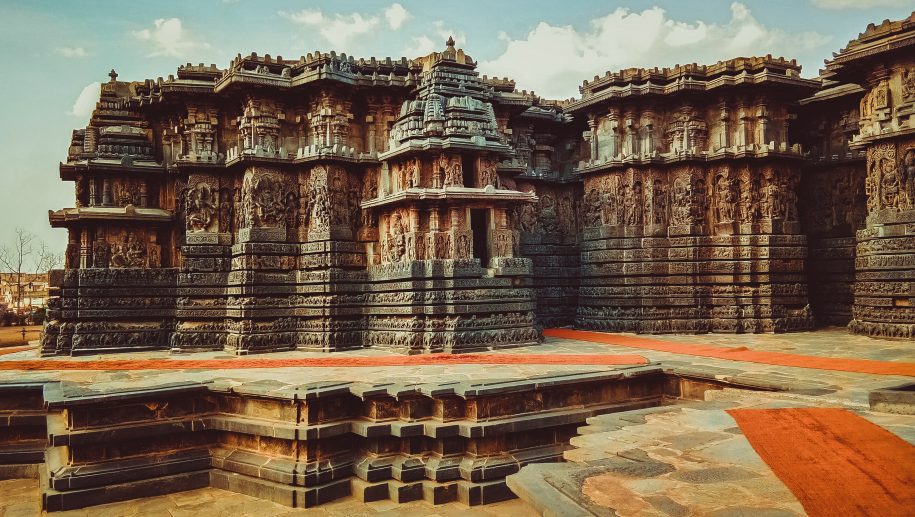Corruption in the Land of Karma
A few years ago Tibetan Spiritual Leader, Dalai Lama said – India is considered a religious country, but a lot of corruption takes place here. He is right. As a nation, we believe in living according to Dharma (wholesome conduct) and karma (as you sow so shall you reap). Every Hindu uses the word ‘karma’ in daily life especially when things are not going well; it is used as a way of gracefully accepting any situation, particularly the more challenging ones. All this said and done, modern India has become rife in Petty Cheating, Bribery, Illegal Mining, Extortion, Horse Trading, Black money is rampant. Most people in India have little or no understanding of corruption in terms of gift giving, conflict of interest, breaches of confidentiality and trust, bid rigging etc.
How could a nation where religion is so central to the daily lives of the people be so corrupt? Indians seem to be somewhat averse to their own culture and traditions, preferring borrowed foreign practices. This attitude seems to have been instigated by several centuries of subjugation and colonization from foreign invaders which coerced Indians to denigrate themselves and loose pride in their culture which focussed on wholesome conduct and the happiness of society as a whole. Perhaps the human condition of ‘greed’ got the better of India, seducing her into the apparently glamorous consumeristic ideals of the West which represented a move from what appeared to be the ‘outdated’ ancient to the apparent ‘supremacy’ of the new.
Henceforth, India’s ancient scriptures which taught that wholesome living for the greater good of oneself, others and the environment had an upper hand over material prosperity was relegated to the sidelines. India’s overwhelming desire for “modernity” instigated a desire to obey the colonisers and their ideals instead of questioning them. Today, in the minds of many an Indian, being modern means to be ‘superior’ and ‘west still means best’.
In order to understand the essence of India’s cultural and social fabric, it is important for everyone to have a basic understanding of the ‘ancient’ value system which was central to the education system of India However, during the years of colonisation, India’s education system was eroded by her colonisers and then by herself and her new ‘modern’ ideals. Had the ancient value system stood her ground a happy ‘marriage’ of east and west could co-exist in India today.
Sadly, India is gradually letting go of her ancient value system which have applicability across time and space. The core of India’s teachings on human evolution (spirituality) lie in dharma and with the erosion of these, India’s religion has become a shell of ritual and social gatherings. Karma has lost its place and is used as a theory for ‘solace’.
So how can corruption be checked? One way of getting out of the morass of corruption is giving our ancient Indian knowledge systems a significant place in the modern Indian education system. Before colonisation, the Indian education system was entrenched in Dharma and the teachings of the ancient texts for human evolution. Secondly, our religious and political leaders could also lead by example rather than just through preaching. More than the teachings of punishment through karma, the probability of getting caught, prosecuted and ultimately sentenced, may be the most appropriate key to checking corruption at this stage. Here, the honesty/efficiency of regulators, police and judiciary working in a time-bound manner comes into play.
The concept of corruption also differs according to the mindset and ethics of the people. The notions of what comprises corruption and what does not remains ambiguous and is not standardised. Many prefer the narrow/legalistic definition such as misuse of office, misappropriation of public funds, etc. Very few define it in its broadest sense as a deviation from a specified code of conduct in any sphere of life.
It is indeed sad that a nation that prides itself on adhyatmvidya, or the science of the soul, a higher knowledge which helps man rise above worldly activities and materialism, stands so low on the global corruption index. The deeper and sustainable solution to corruption lies in the restructuring of the educational system to make place for the best of both the east and west. To end corruption the mindset must change and for this India would do well to embrace her timeless heritage which remains applicable to modern times.


